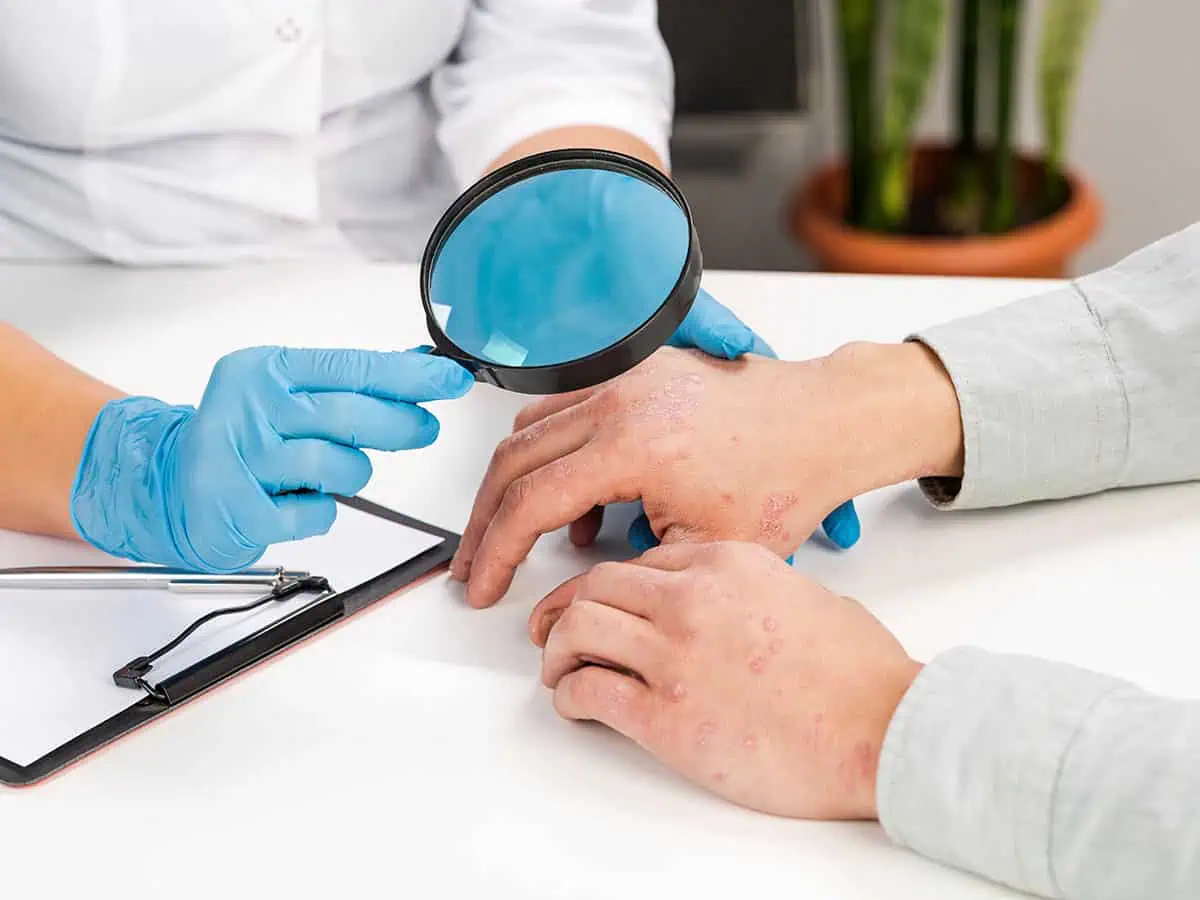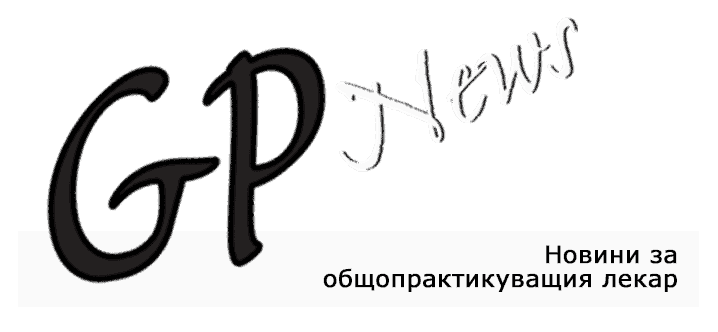
Issue 7/2025
Radeva, Y., Drenovska, K., Dourmishev, L.
Department of Dermatology and Venereology, Medical University – Sofia
Psoriasis is a chronic inflammatory skin disorder with an immune nature, characterized by keratinocyte hyperproliferation and systemic inflammation. Despite the availability of various treatment modalities, narrowband (311 nm) UVB phototherapy remains a gold standard for managing moderate to severe psoriasis. This review summarizes the key findings in the clinical, immunological, and dermatoscopic changes observed in patients undergoing narrowband phototherapy. The clinical assessment implements scoring systems such as PASI, evaluation of immunological markers (including levels of key cytokines and immune cell subsets), and dermatoscopic visualization of psoriatic lesions before and after therapy. The results demonstrate significant clinical improvement in most patients, correlated with a reduction in the inflammatory mediators such as IL-17, IL-23, and TNF-α. Dermatoscopic changes post-treatment revealed a reduction in the erythema, scaling, and capillary pattern normalization, confirming regression of the inflammatory activity. This review emphasizes the multifaceted therapeutic impact of narrowband phototherapy, targeting both the visible skin manifestations and the underlying immune dysregulation. The integrated approach, combining clinical examination, laboratory testing, and dermatoscopy, is highlighted as a valuable tool for objective monitoring of treatment efficacy.
Key words: psoriasis, narrowband UVB phototherapy, immunological markers, dermatoscopy.
Address for correspondence:
Dr. Yoana Radeva
Department of Dermatology and Venereology,
MU – Sofia, UMBHAL „Alexandrovska“ EAD
1, „St. Georgi Sofiyski“ ,Str.
1431, Sofia
e-mail: yoanaradeva6625@gmail.com
